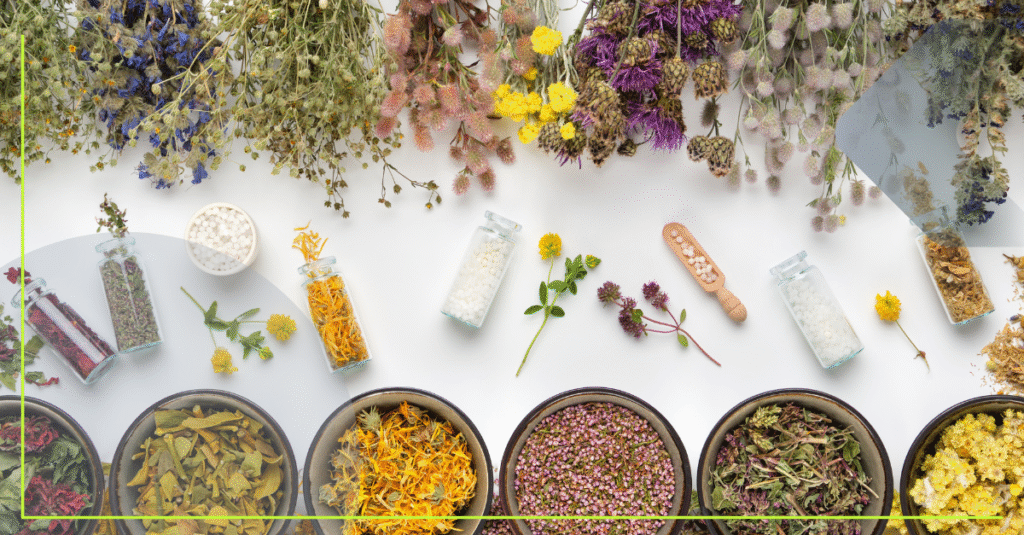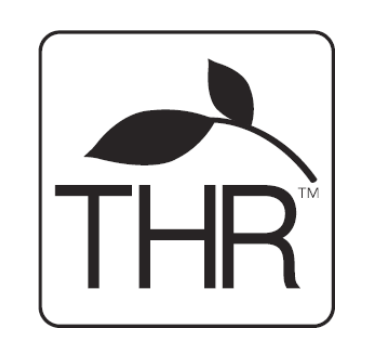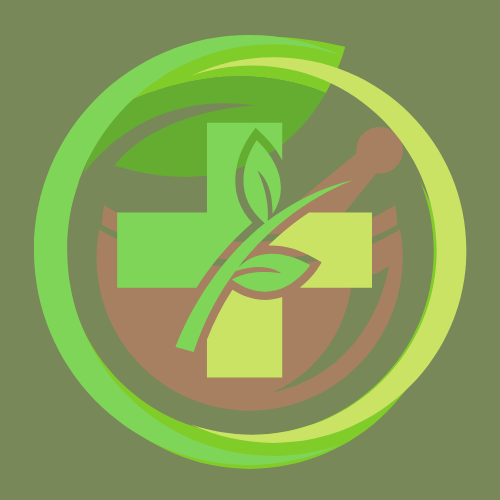There are numerous benefits of Plant medicine, also frequently referred to as herbal medicine.
By harnessing the power of fungi and plants, we connect to the Earth to support our bodies. This helps natural healing processes and address various health conditions holistically and naturally.

Unlike conventional medication, which typically relies on synthetic chemicals, herbal medicine uses naturally occurring compounds to heal us. Today, herbal medicine is growing in popularity, as more and more people are looking to natural alternatives to prescription drugs.
Caution: Plant Medicine should only be used under the guidance of a qualified healthcare professional or herbalist.
The Traditional Herbal Registration (THR) Certification Mark

How to Use a THR Registered Product
- Look for the Mark: Check the product packaging for the THR Certification Mark.
- Read the Information: The mark indicates that the product complies with quality standards, including safety and manufacturing.
- Understand the Limitations: THR products are intended for minor health issues. They do not require medical supervision.
What the THR Registration Means
- Safety and Quality: The product has been assessed for safety and quality standards.
- Patient Information: It includes clear information about how and when to use the product.
- Traditional Use Basis: The permitted uses are based on the history of traditional use, not modern clinical trials for effectiveness.
Medicine Law
The 1968 herbal medicine law refers to Section 12 of the Medicines Act 1968. This provided exemptions from licensing for certain “unlicensed herbal remedies” in the United Kingdom. These exemptions applied to remedies containing only herbal ingredients, sold under their herbal or generic names rather than brand names, and for which no specific medicinal claims were made. The law aimed to ensure all medicines met safety, quality, and efficacy standards, even for herbal products.
Key Aspects of Section 12 of the Medicines Act 1968:
- Herbalist Exemption (Section 12(1)):This allowed herbal preparations made up for individual patients following a one-to-one consultation to be exempt from formal licensing.
- Over-the-Counter Exemption (Section 12(2)):This permitted the sale of unlicensed herbal remedies to the general public, provided certain conditions were met.
Conditions for Exemption:
- The product must contain only herbal ingredients.
- It cannot make specific medicinal claims.
- It must be sold by its herbal or generic name, not a proprietary brand name.
Changes and Modern Plant Medicine Regulations:
- The regulations surrounding herbal medicines in the UK have since evolved, particularly with the implementation of the Traditional Herbal Medicines Registration Scheme based on EU Directive 2004/24/EC.
- By April 2011, Section 12(2) was revoked upon the full implementation of these regulations.
- Traditional herbal medicines now fall under the Traditional Herbal Medicines Registration Scheme (THMRS) and must meet specific safety, quality, and efficacy standards.
The Medicines Act 1968 was the UK’s first comprehensive system for regulating all medicinal products, with Section 12 specifically addressing the unique status of herbal remedies within this framework.
Plant medicine is used to treat a broad spectrum of health conditions, promote wellness, and support the body’s natural healing systems. Common uses include managing stress and anxiety, easing digestive issues, relieving inflammation and chronic pain, balancing hormones, and improving immune resilience. Practitioners in using Plant medicine, also known as “Herbalists” also turn to herbs for skin care, respiratory support, and even cognitive enhancement. For example, echinacea and elderberry are frequently used for immune boosting, while licorice root and slippery elm are chosen for their soothing effects on the digestive tract.
In addition to treating acute conditions, many people use herbal medicine as part of a preventive approach to long-term health. This might involve daily tonics like nettle or tulsi tea, tinctures to support sleep and mental clarity, or incorporating herbs into cooking and wellness rituals. Herbalism doesn’t just address physical symptoms—it’s often used to support mental and emotional health, spiritual connection, and a deeper relationship with the natural world. Whether in the form of teas, capsules, salves, or infused oils, herbs offer time-tested support for a wide range of modern health challenges.
Frequently Asked Questions About Plant Medicine
Can I grow my own Plant medicine at home?
Absolutely. Many medicinal herbs like mint, lemon balm, calendula, and chamomile grow well in home gardens or containers. With a little knowledge and care, you can cultivate a variety of herbs to make your own teas, salves, and tinctures.
What forms does it come in?
Herbal remedies can be made into teas, tinctures, capsules, salves, oils, syrups, powders, and poultices. Each form has its own benefits and use cases, depending on the condition being treated and the herb used.
How do I know which plants are safe to use?
Start by researching herbs using trusted databases, reading well-reviewed books, or taking an herbalism course. Source and shop for products that have the Traditional Herbal Registration (THR) Certification Mark. Look for information on dosage, contraindications, and potential interactions with medications. When in doubt, consult a trained herbalist or naturopathic doctor.
Are there risks or side effects with plant medicine?
Yes. Some herbs can interact with medications, cause allergic reactions, or be harmful in high doses. It’s always important to research herbs thoroughly, consult a qualified herbalist, and use trusted sources like the Memorial Sloan-Kettering Integrative Medicine Database.
How do I start using these remedies safely?
A list of herbal medicinal products that have met specific UK regulatory standards for safety, quality, and patient information, demonstrated by the Traditional Herbal Registration (THR) Certification Mark.
Begin by learning about a few well-known herbs and how they are used. Start with gentle preparations like teas or salves, and explore a guided course like ………



